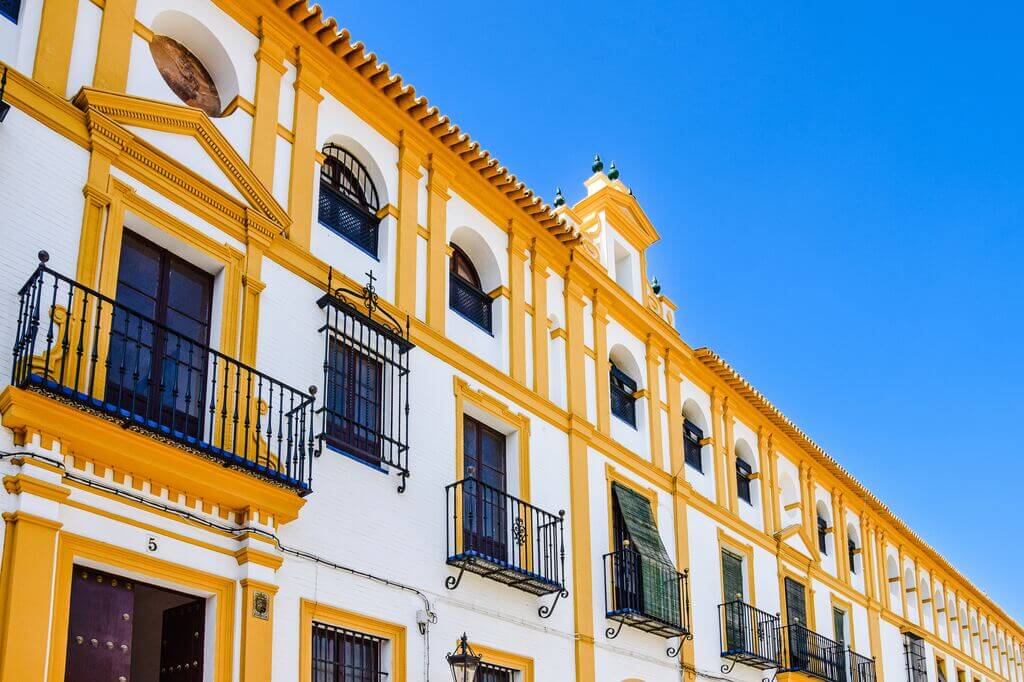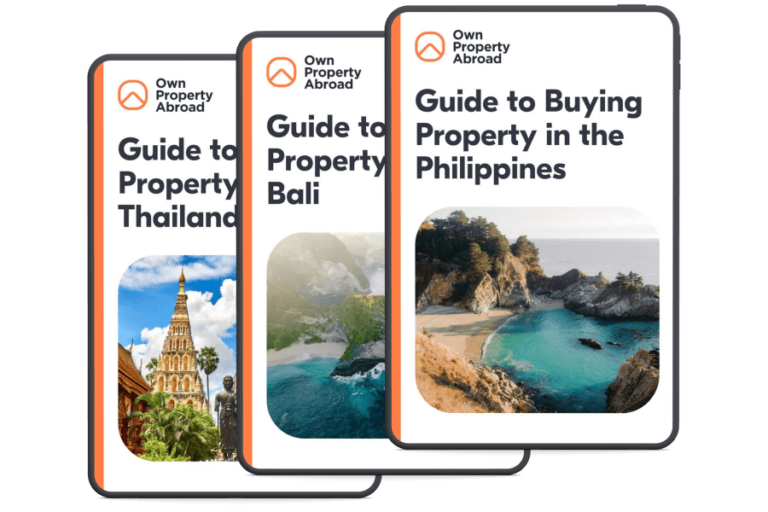Airbnb has become a popular platform for property owners in Spain looking to rent out their spaces to tourists and travelers. With its growing popularity and ease of use, listing your property on Airbnb in Spain can be a lucrative venture. However, it’s essential to understand the registration process, regulations, and fees involved.
How to register your property on Airbnb in Spain?
To list your property on Airbnb in Spain, you must follow several steps, including complying with specific legal requirements based on the region where your property is located. Here is a step-by-step guide:
- Create an Airbnb account: Sign up for Airbnb in Spain.
- List your property: Click on ‘Become a Host’ and provide comprehensive information about your property, including its location, amenities, and photos.
- Set your price and calendar: Determine your pricing strategy and update the availability calendar accordingly.
- Understand and comply with local laws: Depending on where your property is situated, you may need to obtain a tourist license or register with local authorities.
- Apply for a tourist license: In many regions, such as Catalonia and Andalusia, possessing a tourist license is mandatory.
- Register with local authorities: Certain areas require you to register your property with local tourism offices or councils.
- Add tourist license number to your listing: In certain areas in Spain, you must add the number to your Airbnb listing.
- Adhere to community rules: If your property is located within a community setting, ensure compliance with any community-specific regulations regarding short-term rentals.
How to start an Airbnb in Spain?
It is possible for any property owner to start Airbnb in Spain. However, before you buy property in Spain to start Airbnb rentals, there are specific regulations that must be understood in order to establish an Airbnb rental business. The process of becoming an Airbnb host in Spain starts with research on the local laws applicable to the region where the property is situated. Property owners must apply for the appropriate tourist license and potentially register the property with local authorities. Following these steps, property owners can proceed to create an Airbnb account and list their property, providing the registry number as required.
Airbnb regulations in Spain
Each region in Spain has its own set of rules and regulations pertaining to short-term rentals through platforms like Airbnb. In general, obtaining a tourist license for your property within the respective region is necessary. The most effective way to accomplish this is by visiting the town hall or accessing the regional government’s website.
Since March 2019, new legislation has been implemented across Spain that impacts apartments designated for tourism purposes within apartment buildings. According to this law, if at least 60% of the apartment owners vote against allowing short-term rentals in the building, property owners can be prohibited from renting their units for short-term stays, including through platforms like Airbnb. Therefore, property owners need to obtain permission from the apartment building owners before registering with local authorities.
There are various regional regulations that Airbnb hosts need to be aware of in Spain. Below is a breakdown of the local rules and regulations applicable to Airbnb in Spanish regions.
Catalonia/Barcelona
The Airbnb regulations in Catalonia and Barcelona include:
- Mandatory registration with municipal authorities and acquiring a tourist license (Habitatge d’Ús Turístic) here.
It should be noted that licenses are no longer being issued for specific areas within Catalonia as a means of limiting the number of available short-term rentals in each region.
Balearic Islands
The Airbnb regulations for the Balearic Islands (such as Mallorca) include:
- Registration and obtaining a registration number from the General Register of Companies, Activities, and Tourist Establishments.
Obtaining a license can be challenging due to increased scrutiny by local governments. Since July 2018, there has been a complete ban on tourist apartments in Palma de Mallorca, the capital of Mallorca.
Asturias
The Airbnb regulations for Asturias include:
- Registration with the Ministry of Employment, Industry, and Tourism;
- Displaying the registration certificate on your Airbnb listing.
Navarra
The Airbnb regulations for Navarra include:
- Submitting a responsibility statement to the Navarra Tourism Registry;
- Applying for a property license online.
Andalusia
The Airbnb regulations for Andalusia (including Granada, Sevilla, and Malaga) are:
- Registering with the Tourism Register of Andalucía;
- Complying with the regulations of the Tourism and Sports Council;
- Displaying the registration number you receive from the Tourism and Sports Council in your Airbnb listing.
Madrid
The Airbnb regulations for Madrid include:
- Registration and obtaining a tourism license number;
- Adding the tourism license number to your Airbnb listing.
Please note that there is a limited availability of tourist rentals in different neighborhoods of Madrid. Property owners should contact the Madrid City Council to inquire about availability in their area.
Airbnb fees in Spain
When using Airbnb in Spain, hosts are subject to a service fee for each booking. Typically, this fee amounts to under 5% of the booking subtotal. However, it’s important to note that this fee can vary depending on factors such as the cancellation policy.
Receive more bookings through Airbnb with these 7 tips
To maximize your success when listing your property on Airbnb in Spain, it’s crucial to not only understand and comply with local regulations but also implement additional strategies to improve your listing and attract more bookings:
- Optimize your listing: Use high-quality photos and detailed descriptions.
- Competitive pricing: Research local pricing trends and adjust accordingly.
- Offer discounts for longer stays: Attract guests looking for longer-term rentals.
- Maintain high standards: Ensure your property is clean, comfortable, and well-maintained.
- Be responsive: Quickly respond to inquiries and booking requests.
- Gather positive reviews: Encourage satisfied guests to leave positive reviews.
- Offer local insights: Provide guests with information about local attractions and dining options.
Frequently Asked Questions (FAQs)
What is the best location to start Airbnb in Spain?
The best location to start an Airbnb in Spain depends on factors such as tourist demand and adherence to local regulations. Popular cities like Barcelona, Malaga, Madrid, and Seville are often favored due to their significant influx of tourists. Additionally, coastal areas such as Costa del Sol, Tenerife, Ibiza, Mallorca, and the Balearic Islands present lucrative opportunities; however, it is essential to consider local rental laws and market saturation before deciding.
How can I list my property in Spain on Airbnb?
To list your property in Spain on Airbnb, create an Airbnb account, click on ‘Become a Host’, provide details about your property, set pricing and availability, and ensure compliance with local regulations, including obtaining any necessary tourist licenses and registering with local authorities.
Is Airbnb in Spain profitable?
Listing your property on Airbnb in Spain can be a profitable venture, especially in regions that attract many tourists. The profitability of your listing depends on various factors, such as the location of your property, the type of accommodation you offer, competitive pricing strategies, and the overall quality of service provided to guests. Generally speaking, cities with high tourist traffic tend to yield higher returns. However, it is essential to consider local regulations as well as seasonal variations that may impact profitability.
Can foreigners Airbnb their property in Spain?
Yes, foreigners can list their properties on Airbnb in Spain. However, it is essential for foreign hosts to comply with local regulations governing short-term rentals. This may include obtaining a tourist license specific to short-term accommodations and registering their property with local authorities. Additionally, non-residents must adhere to tax obligations relevant to their status.
How much can you earn with Airbnb in Spain?
How much one can earn with Airbnb in Spain varies significantly based on several factors. These factors include the property’s location within Spain (urban areas or popular tourist destinations often have higher earning potential), the type of accommodation offered, and occupancy rates throughout the year. On average, hosts on Airbnb in Spain can expect monthly earnings ranging from a few hundred to several thousand euros.
Does Barcelona have an Airbnb ban?
Barcelona has no complete ban on Airbnb, but the city has implemented stringent regulations and restrictions for short-term rentals. Airbnb hosts in Barcelona must obtain a tourist license specific to short-term accommodations and register their properties with municipal authorities. Due to concerns about over-tourism and housing shortages, the city has become increasingly strict in issuing new licenses and enforcing these regulations. Consequently, there has been a significant reduction in unlicensed listings. To operate legally as an Airbnb host in Barcelona, it is crucial to understand and comply with these local regulations.







One Response
Very educational and insightful. Basically everything you need to know. Clear, clean and no B.S. Thank you for that you are doing!